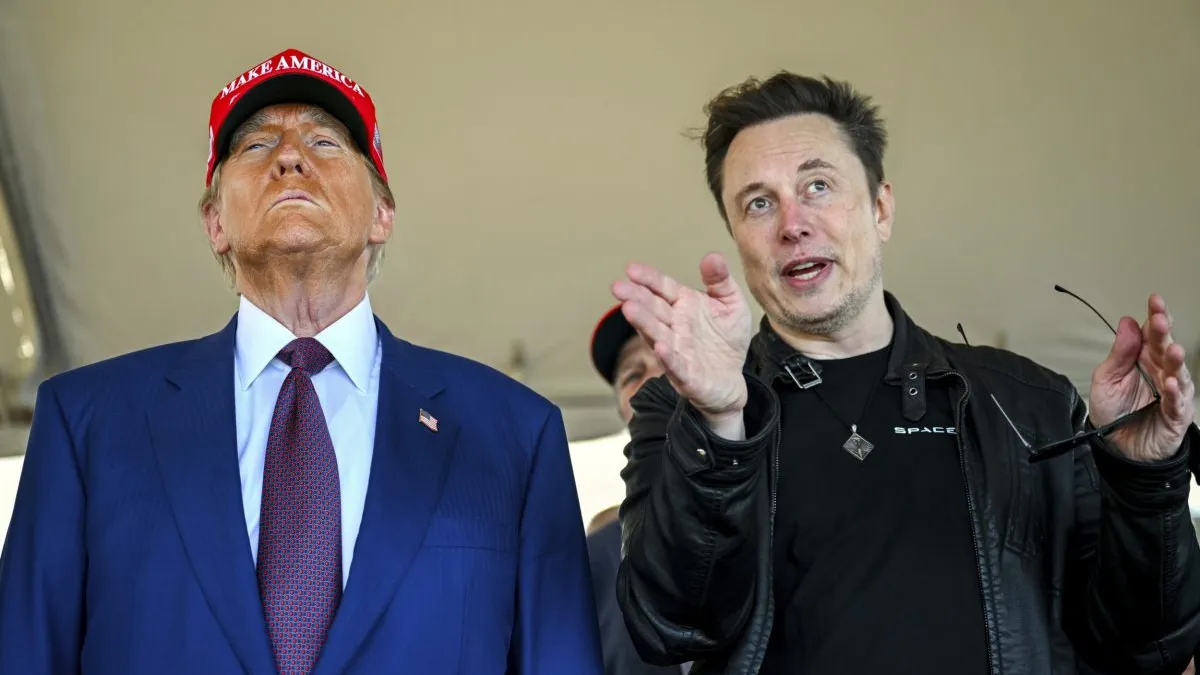El Salvador has made an unprecedented offer to the United States: to take in “dangerous criminals” from American prisons, including those with U.S. citizenship. U.S. Secretary of State Marco Rubio announced the proposal after meeting with El Salvador’s President Nayib Bukele, calling it an “extraordinary gesture of friendship.”
In addition to accepting American criminals, Bukele’s government has agreed to deportation arrangements that would see El Salvador take in migrants of any nationality who have been convicted of crimes and are in the U.S. unlawfully. “No country has ever made an offer like this,” Rubio said, emphasizing the significance of the agreement. “We are profoundly grateful. I spoke to President Trump about this earlier today.”
The announcement underscores Bukele’s growing influence on regional security matters. He has earned both praise and criticism for his aggressive crackdown on gang violence, which has transformed El Salvador from one of the world’s most dangerous nations to one of the safest in Latin America. However, human rights groups have raised concerns about mass incarcerations and potential abuses under his policies.
Rubio indicated that Bukele’s proposal could focus on Latin American gang members, such as those linked to MS-13 or Tren de Aragua. Since his return to the White House, President Donald Trump has prioritized mass deportations, deploying additional active-duty troops to the U.S.-Mexico border and issuing executive orders to restrict asylum processing.
Bukele suggested that his new prison arrangement goes beyond a 2019 agreement on migrant deportations. In a post on X (formerly Twitter), he described the proposal as an opportunity for the U.S. to “outsource part of its prison system.”
“We are willing to take in only convicted criminals (including convicted U.S. citizens) into our mega-prison… in exchange for a fee,” Bukele wrote.
This move aligns with Bukele’s tough-on-crime reputation, which has made him one of the most popular leaders in the region. Elected in 2019 on promises to eradicate gang violence and corruption, he has since overseen a sweeping crackdown that has led to the arrests of approximately 75,000 suspected gang members under emergency measures. While his policies have dramatically reduced crime rates, organizations like Amnesty International warn of human rights violations, describing the shift as “the gradual replacement of gang violence with state violence.”
Despite concerns, Bukele’s approach continues to garner strong domestic support, and his latest offer to the U.S. signals his willingness to position El Salvador as a key player in regional security. If accepted, the deal could reshape U.S.-Central American relations and set a controversial precedent for international prison agreements.




